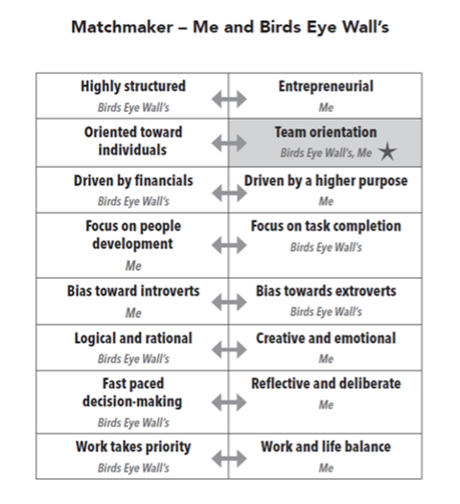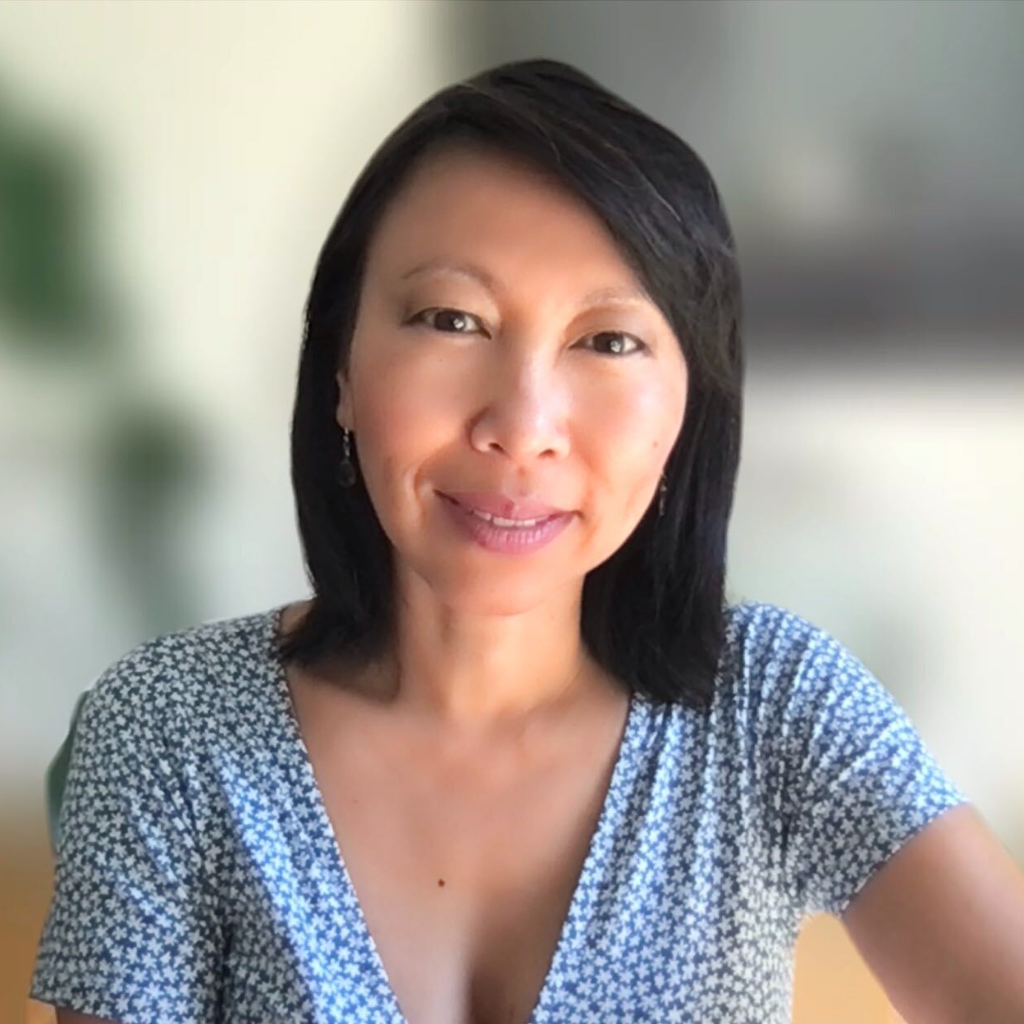Five steps for tackling the transition from Business School to career


In the face of an unknown future, it can help to have a mindset rooted in curiosity about what is possible in new terrain. Marketing professor, Joan Ball, outlines five ways to prompt enquiry, exploration and learning
In a world filled with promises of quick or easy answers to life’s most challenging questions, I wish there were five easy steps I could offer to set you off on a well-marked path to success, post-graduation.
Unfortunately, after nearly 15 years of working with students transitioning from university to career in my research and practice, one thing is clear – there is no single path, best practice or model for professional and personal success in the 2020s. You are graduating into an environment where commitments and priorities are constantly shifting and changing. One where opportunities (and challenges) abound and no single map, compass or true north is available to guide your way.
In this uncharted territory, careers are increasingly nomadic, and the future of work is being co-created in practice, as organisations and the people who keep them afloat are called on to adapt to new tools, tactics and approaches to living in a paradoxically predictable and unpredictable postdigital world.
Some people find this realisation exciting. They are inspired by the freedom and creative potential of uncharted territory and the adventure of blazing new trails in their professional and personal lives. These are the people who embrace uncertainty and ambiguity as a prompt to explore. For others, the lack of stability and predictability is unsettling – even threatening. They long for clear markers on well-worn paths that lead to a clearly defined notion of a successful career and life. In either case, the space between university and career is a liminal space between the highly structured life of the university and the multitude of possible ways to move forwards beyond graduation.
In this new environment, embarking on the career journey is less about following prescribed steps and more about developing and adapting practices and principles that are customised to amplify our unique strengths, address our particular challenges and guide us on a path towards our context-specific aspirations in ways that are relevant to the lives we hope to live.
For many of us who were trained in systems that favored finding a true north and relying on models, frameworks and best practices as our compass, this can feel daunting. Many students I work with describe themselves as feeling lost, overwhelmed or stuck at this point of inflection – even though they are excited and eager to embark on their career journey.
Fortunately, uncharted territory is just as navigable as a clearer path if we gather resources and develop the principles, practices and approaches we need to engage uncertainty with curiosity, confidence and humility. This involves shifting from a traditional navigator mindset (‘GPS, tell me where to go!’) to a wayfinding mindset.
Wayfinders mindset
The wayfinders mindset is rooted in rigorous self-awareness and a curiosity about what is possible in new terrain. I offer the following prompts as a place to begin. Not so much a set of steps, but more a stepping off point that I hope will prompt enquiry, exploration and learning in the face of an unknown future.
1. Stop: you are entering liminal space
You’ve spent the past 22+ years studying, preparing and having your life reset every quarter, semester or trimester for as long as you remember. This rhythm of life and the prescribed routines surrounding them (registering for classes, studying, preparing for exams) are now over. You are no longer a student, which is a huge identity shift. You no longer have the prescribed timelines and approaches that were created by your university.
Making the shift to a new identity and a new direction is not something that always happens intuitively at points of transition. This sort of disjunction can be unsettling and lead to incendiary emotions. Pausing to acknowledge the change and give it consideration prompts us to shift from a mindset that views the future as a problem to solve to a mindset of discovery. Doing so can help temper the threat we sometimes feel when we’re not sure what to do next and help us to embrace uncertain transitions as invitations to learning. This makes it easier to approach change with dispassionate curiosity rather than fear-based reactions.
2. Ask: what is the new terrain I am entering?
Once we’ve paused and set an intention to engage transition with dispassionate curiosity, we can reflect on who we’ve become and the particulars of the current state of the world we’re entering. You are not the same person you were when you entered university. Who have you become? Are the aspirations you had when you started the same as they were then? What are you clear about? Where is your sense of who you are and what you want murky?
No judgement here, just enquiry and taking a clear-minded inventory of who we are, where we are and what is possible. Once we have a sense of ourselves, we can do the same for the state of the world we’re entering. It is not the same as it was when you entered university. Making time to get the lay of the land can help spark ideas about what comes next.
3. Ask: what resources do I need to navigate this new terrain?
Open an enquiry into what resources you have or don’t have. What strengths do you see in yourself as you enter this transition? Where do you have gaps and holes? How might you connect to the emotional, physical, material and social resources you need to amplify your strengths and reinforce areas where you feel less prepared?
Gathering the right resources to enter the uncharted territory of your life, post-graduation, is as important as gathering resources for a backwoods hike.
4. Ask: what do you hope for as I enter this new terrain?
What are your aspirations? Have they changed since you entered university? Are you still not sure? Acknowledge that having a clear sense of what’s next is sometimes available and that, at other times, we are exploring. Neither is better or worse than the other, but each invites a different wayfinding approach.
5. Explore: how do I find my way in this new terrain?
Wayfinding is an art – and a science. Entering into the transition from Business School to career with the open-minded creativity of an artist and a scientist’s structured willingness to experiment, learn and build on learning can provide a framework for engaging in uncertainty as an adventure in learning, doing and exploring rather than finding the ‘right’ answer to living a good life. This is a critical orientation for entering this next stage of your life – and every uncertain transition you face in the future.
Joan P Ball is an Associate Professor of Marketing at the Peter J Tobin College of Business, St. John’s University in the US. She is a transition expert, holds a PhD in international business management and is the author of Stop, Ask, Explore: Learn to Navigate Change in Times of Uncertainty (Kogan Page, 2022).
Headline image: Greg Rakozy on Unsplash.
Read more Business Impact articles related to careers:

Building a career with impact in CSR
Creative and ambitious people that can help businesses shape and deliver their CSR agendas are in demand, says Lakshmi Woodings. Discover what careers in CSR involve and the skills you’ll need to succeed

Digital dash opens door to STEM careers in marketing
From data analysis to chatbots, technology is already playing a big role in marketing and STEM graduates are well-positioned to harness the benefits, says RAPP’s Head of Client Success Imogen Tostevin

Five top skills to ensure you are recession-proof
Whether you’re a business owner, leader or employee, there are things you can do to ensure you’re ready to withstand any economic crisis that comes your way. Find out what with these top tips
Want your business school to feature in
Business Impact?
For questions about editorial opportunities, please contact:
Tim Banerjee Dhoul
Content Editor
Business Impact







































